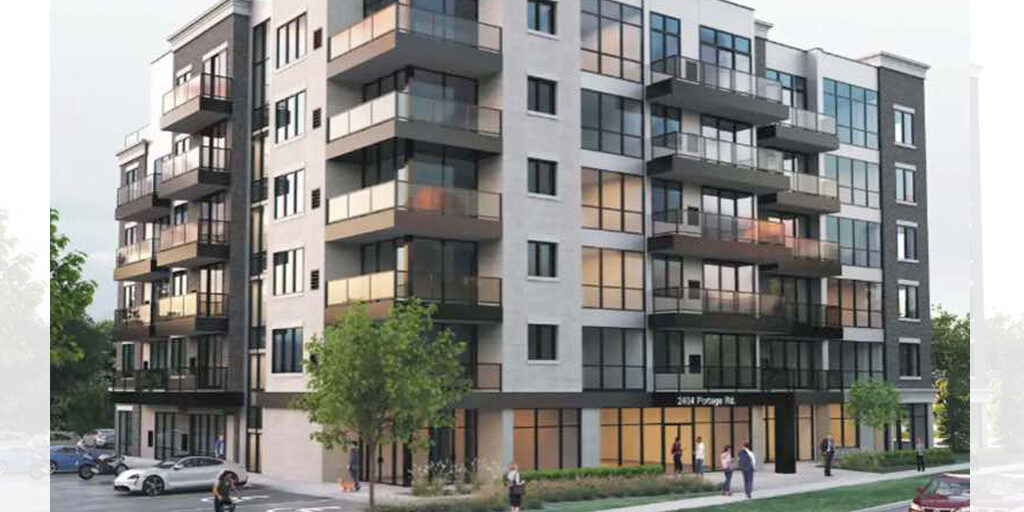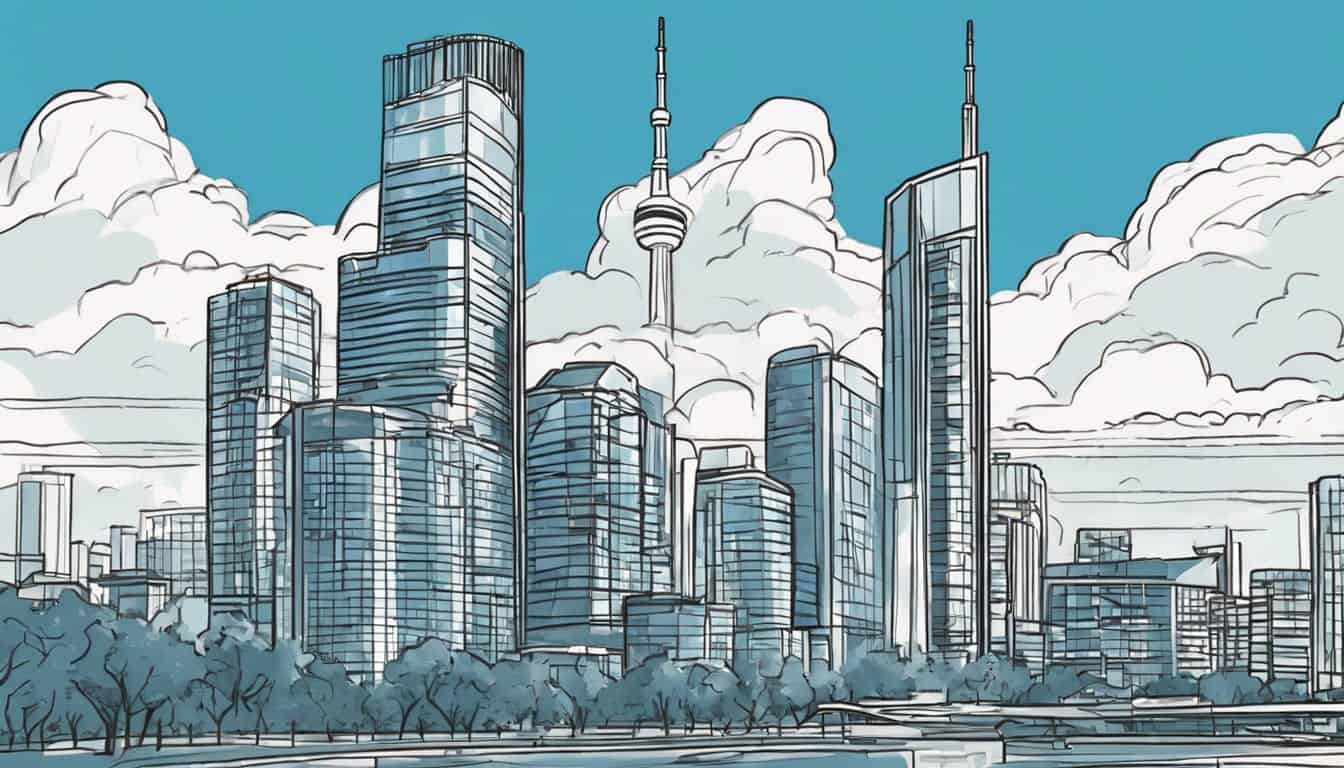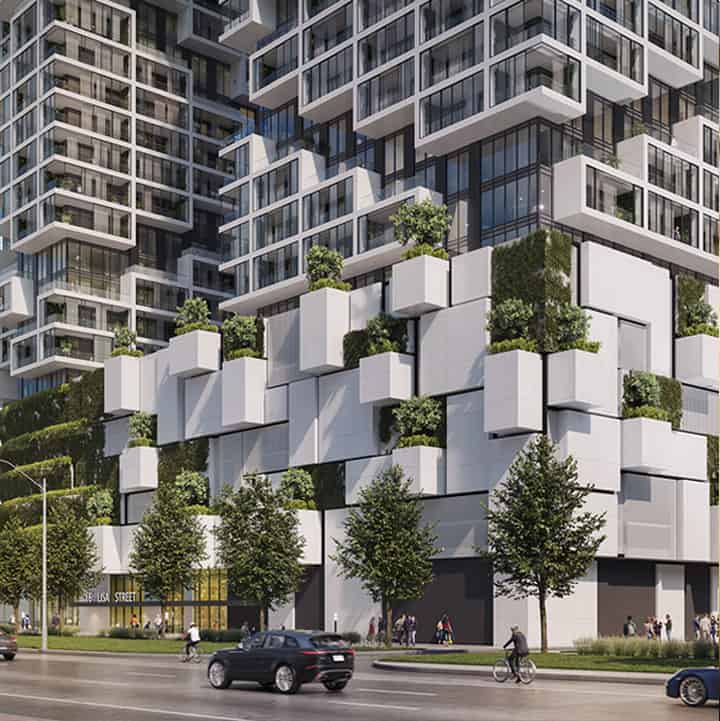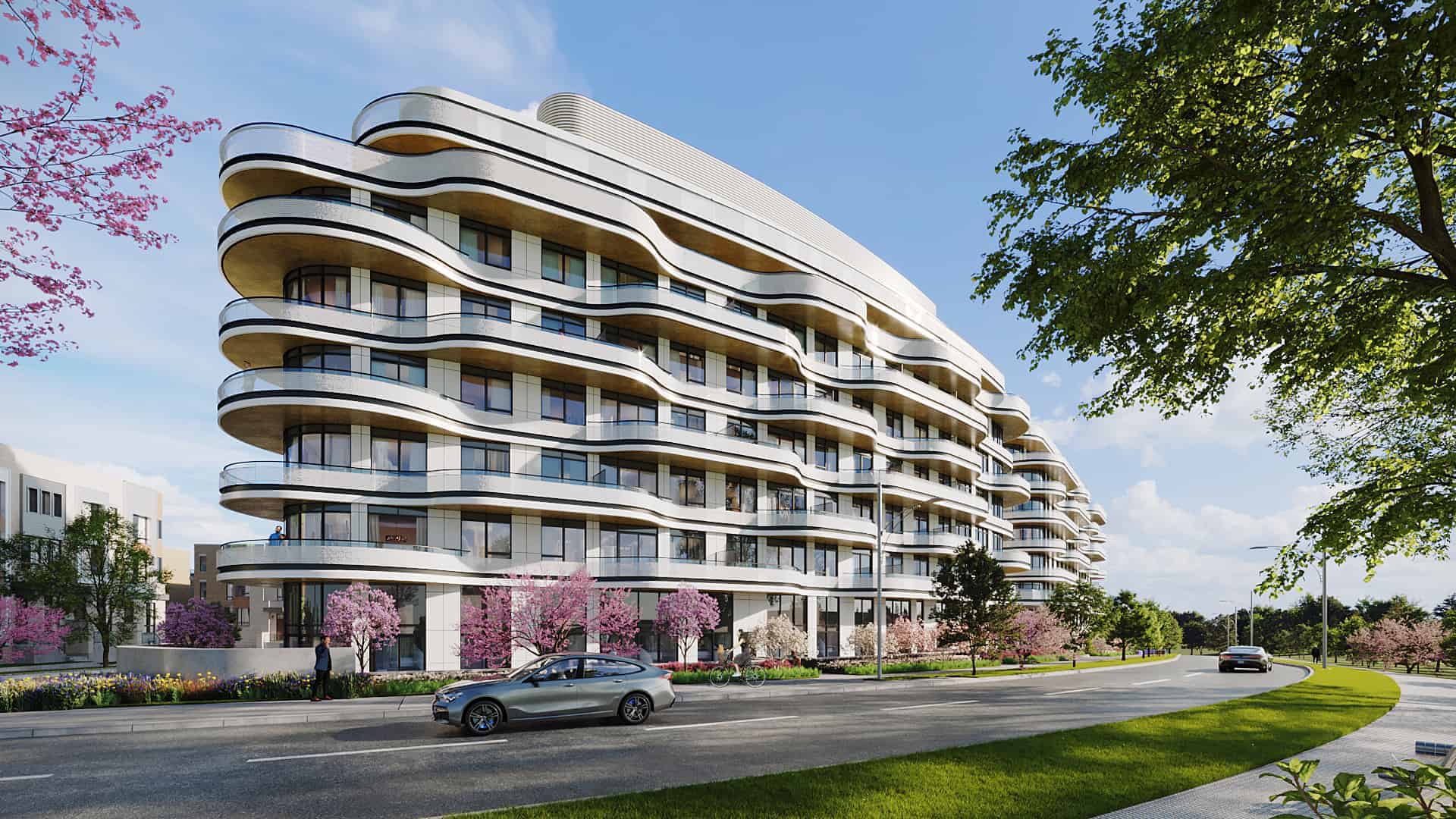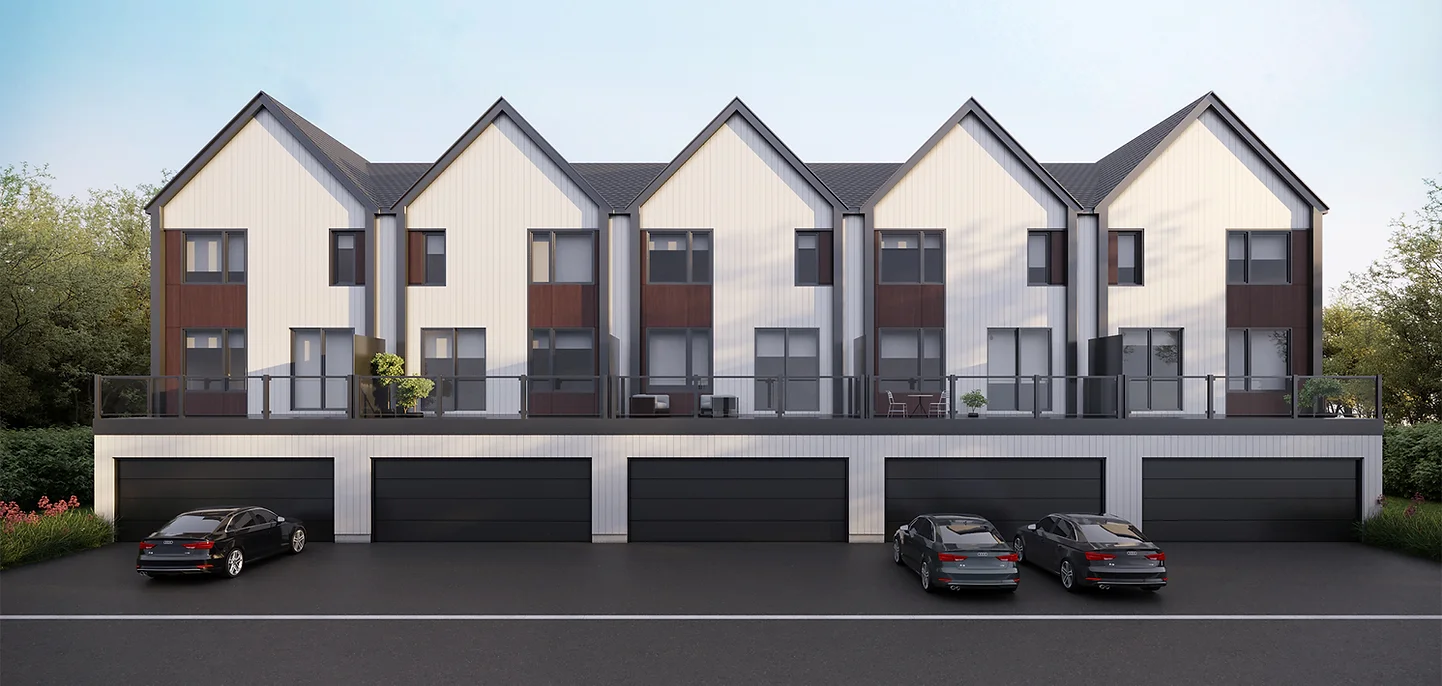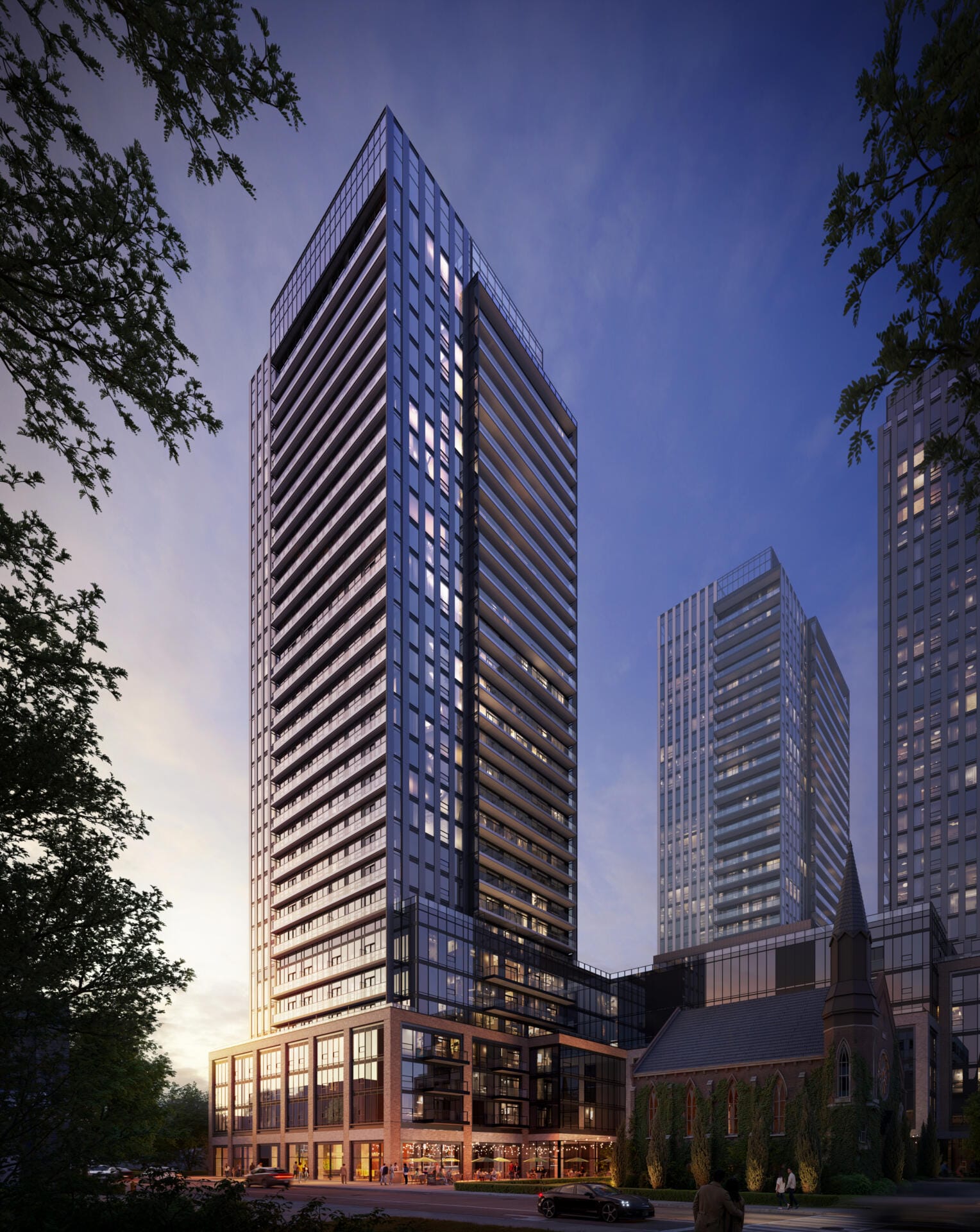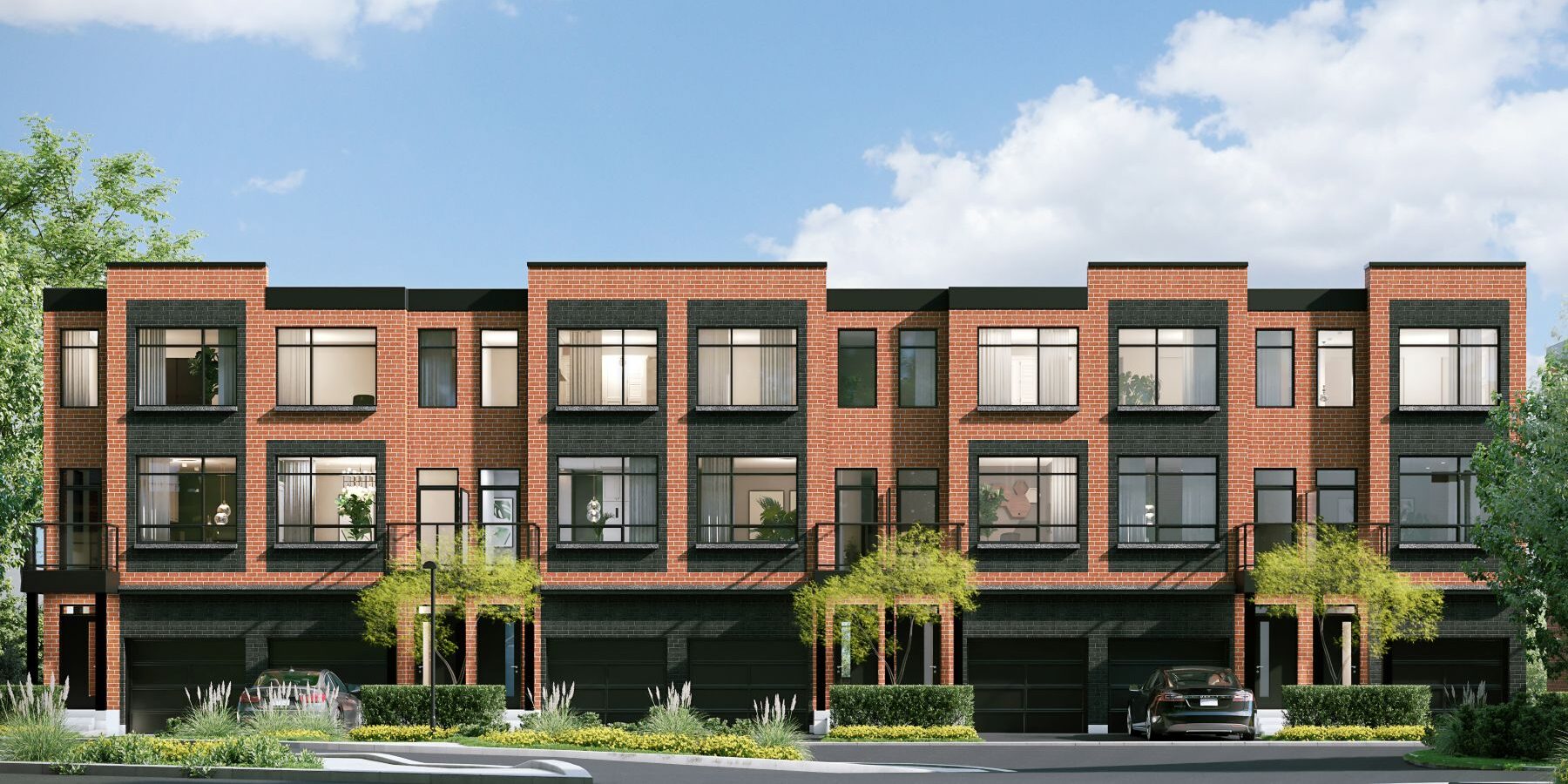Dreaming of purchasing your own condo in Canada? A pre-construction condo in the neighborhood of your choice (a vibrant city or suburbs) is an exciting option. But before you finalize the deal, do not forget to research the closing costs – all the additional expenses you will have to bear on top of your dream home’s purchase price.
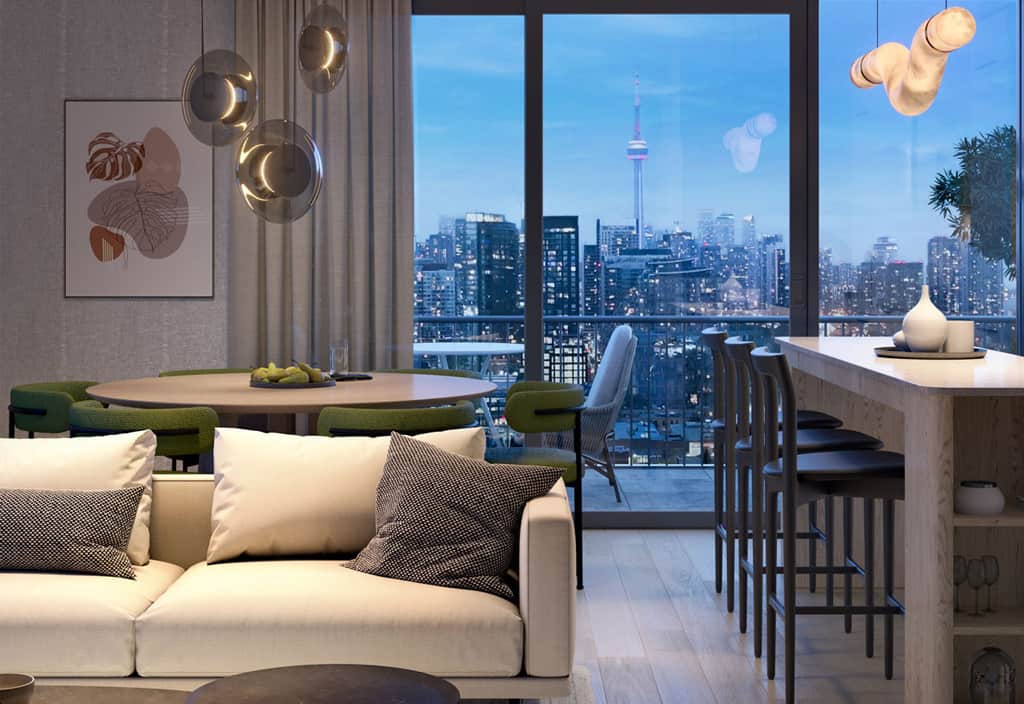
Often, first-time homebuyers overlook closing costs and they can put a significant dent in their overall budget. Let us discuss them in more detail to help you make informed decisions.
What are Closing Costs?
As discussed above, when you purchase your condo, closing costs are all the additional expenses you’ll incur beyond the purchase price of your condo. Some common closing costs associated with purchasing a pre-construction condo in Canada are:
- Legal Fees: You will need to hire an experienced real estate lawyer to navigate the legalities of any property purchase and handle essential tasks like:
- reviewing purchase agreements,
- ensuring compliance with regulations,
- conducting thorough title research to verify ownership, and
- facilitating the transfer of ownership.
And you will have to pay legal fees to your lawyer for these services.
- Land Transfer Tax: This government-imposed tax varies depending on the purchase price of your condo. Don’t underestimate its bite! Research potential exemptions or rebates, especially if you’re a first-time buyer. Some provinces offer a helping hand in the form of tax relief, making homeownership more accessible.
- Property Tax Shuffle: Closing often involves a little financial dance with the seller regarding property taxes. You might need to reimburse them for any prepaid taxes. Your lawyer will meticulously review the closing documents to ensure these adjustments are accurate, reflecting the specific period you’ll be responsible for after taking possession.
- Condo Fees and Deposits: For pre-construction purchases, you’ll likely encounter upfront deposits and initial payments towards future condo fees. These fees typically cover building maintenance, amenities, property management, and utilities. Getting a handle on these upfront helps you factor them into your long-term budget.
There are some optional closing costs you should consider too:
- Home Inspection: A home inspection is not mandatory but it can offer you some valuable insights into the overall condition of the condo, including potential issues with construction, electrical systems, plumbing, and building materials. This can help you uncover any hidden problems that could lead to costly repairs down the road.
- Title Insurance: Again this is not mandatory but protects you against potential ownership disputes or faulty titles.
Budgeting for closing costs beforehand allows you to prevent financial stress later before and after you move into your new condo.
Practical Tips to Managing Closing Costs Like a Pro
- Start Early, Save Smart: Once you know how much your closing costs might be, start setting money aside for them as early as possible. In this way, you won’t have to scramble financially at the last minute and avoid much stress during your home-buying journey.
- Government Help is Here (Maybe): Numerous government programs offer assistance to first-time buyers. Researching available programs in your province can lead to significant savings on closing costs. Utilize online resources or consult with a mortgage broker to explore these financial benefits.
- Negotiate with Builders: Do not be afraid of negotiating well during pre-construction condo purchases. Some builders might be willing to contribute towards or even fully cover some closing costs as part of the overall purchase agreement.
- Shop Around for Services: Don’t settle for the first quote you receive. Get quotes from different lawyers, home inspectors, and title insurance companies before making a decision. Compare rates for every service and at every step – and it will help you get the best value for your budget.
Financing Your Closing Costs
In some cases, depending on your lender and mortgage product, you might be able to include closing costs as part of your mortgage loan. This can help spread the cost out over the term of your mortgage, making it more manageable.
However, keep in mind that this will increase your overall loan amount and potentially lead to higher interest payments. Talk to your mortgage broker about the pros and cons of incorporating closing costs into your mortgage to determine the best approach for your financial situation.
Conclusion
And this is not all. Remember, these tips are just a starting point.
Do not forget to read the fine print in all purchase agreements, condo documents, and closing disclosures, and maintain clear and consistent communication with your realtor, lawyer, and mortgage broker throughout the entire buying process. Also, factor in moving costs, future condo fees (such as building maintenance, amenities, and property management fees), and your neighborhood to truly enjoy living in your condo.
By being proactive, informed, and financially prepared for the closing costs, you can navigate the closing process of purchasing a condo in Canada smoothly and confidently.

